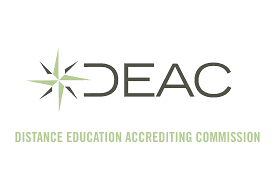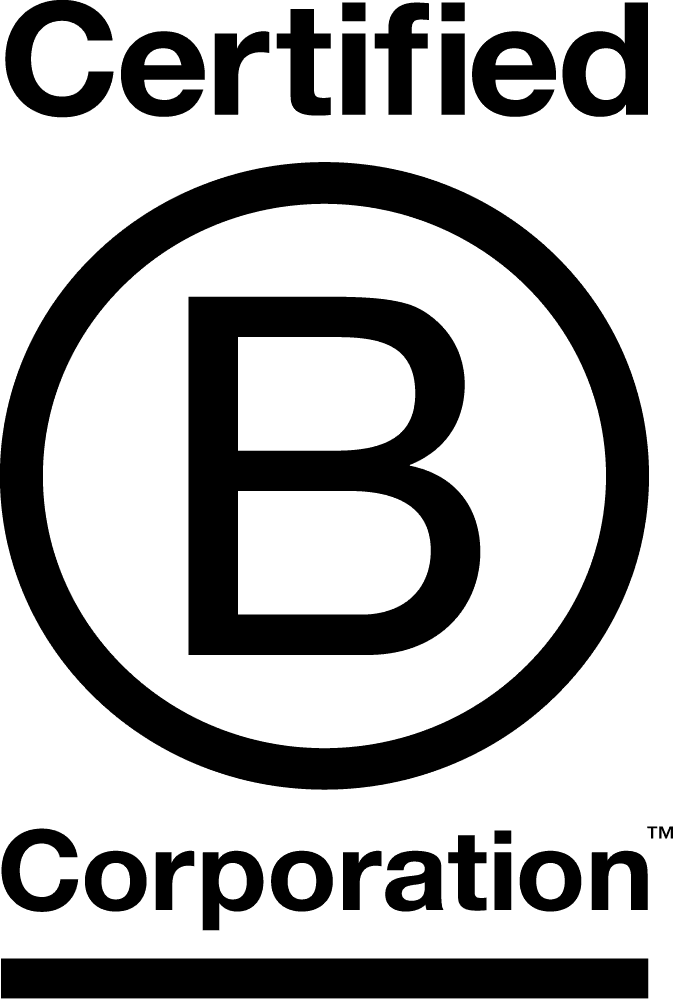Campus & Apothecary Shoppe
5005 S. Macadam Ave.
Portland, OR 97239
Campus & Shoppe Hours
Monday through Friday
8:30 a.m. to 4:30 p.m. PST
Phone
800-487-8839
503-244-0726
Business Hours
Monday through Friday
8:30 a.m. to 5:30 p.m. PST
Successful managers employ analytics to make important decisions in all phases of the business cycle. This course is an introduction to the benefits of analytical thinking. Students explore how statistics and current data analysis techniques help managers approach challenges in a measured and methodical way, leading to more effective decisions. Basic concepts of distributions, probability, variables, hypothesis testing, inference, experimental design are studied. Students develop and demonstrate competence in the use of business analytics tools for managing financial, environmental, and social aspects of business activities.
Demonstrate clear understanding of statistical terminology and concepts, and how to collect and interpret qualitative and quantitative data as a starting point in the research and decision-making processes for organizational objectives.
Accurately and effectively determine principle characteristics and summary statistics for any given set of quantitative data and create a graphical display and explanation of the distribution of the data.
Employ and interpret theories of probability, identify distribution characteristics, and describe how standardized frequency scores among variables can be applied to informed research and managerial decisions.
Apply appropriate statistical methods, including confidence intervals and hypothesis testing, to effectively evaluate inferences from samples to populations. This includes choosing a starting hypothesis, determining a critical value, calculating a test statistic, and interpreting and expressing a summary of the test in context.
Exhibit an understanding of theories and applications of correlation, regression, non-parametric testing, and design of experiment, and how to apply these facets of analysis in the development of forecasts, business models, and strategic plans that can include productivity, financial, social,
and environmental goals.
Using Design of Experiment methods and a global mindset, apply, evaluate, and present findings on forecasting, business modeling, and analytic tools in support of strategic planning that includes financial, social, and environmental goals.
Required Course Pack:
Required Textbooks:
View the required textbooks for this class, including ISBN, edition, and retail price, by visiting our Required Textbooks page.
Total Course Price:
View the total course price including tuition, fees, course materials, and shipping online here.
Last updated 4/7/20
View all ACHS instructors, including bios, photos, and courses taught.
Candidates must possess a baccalaureate degree or higher from an institution accredited by an agency recognized by the US Department of Education. Candidates must submit official transcripts directly from the issuing institution along with one professional letter of recommendation. All applicants must be recommended for admission by the ACHS Admissions Committee.
View the total course price including tuition, fees, course materials, and shipping.





5005 S. Macadam Ave.
Portland, OR 97239
Monday through Friday
8:30 a.m. to 4:30 p.m. PST
800-487-8839
503-244-0726
Monday through Friday
8:30 a.m. to 5:30 p.m. PST